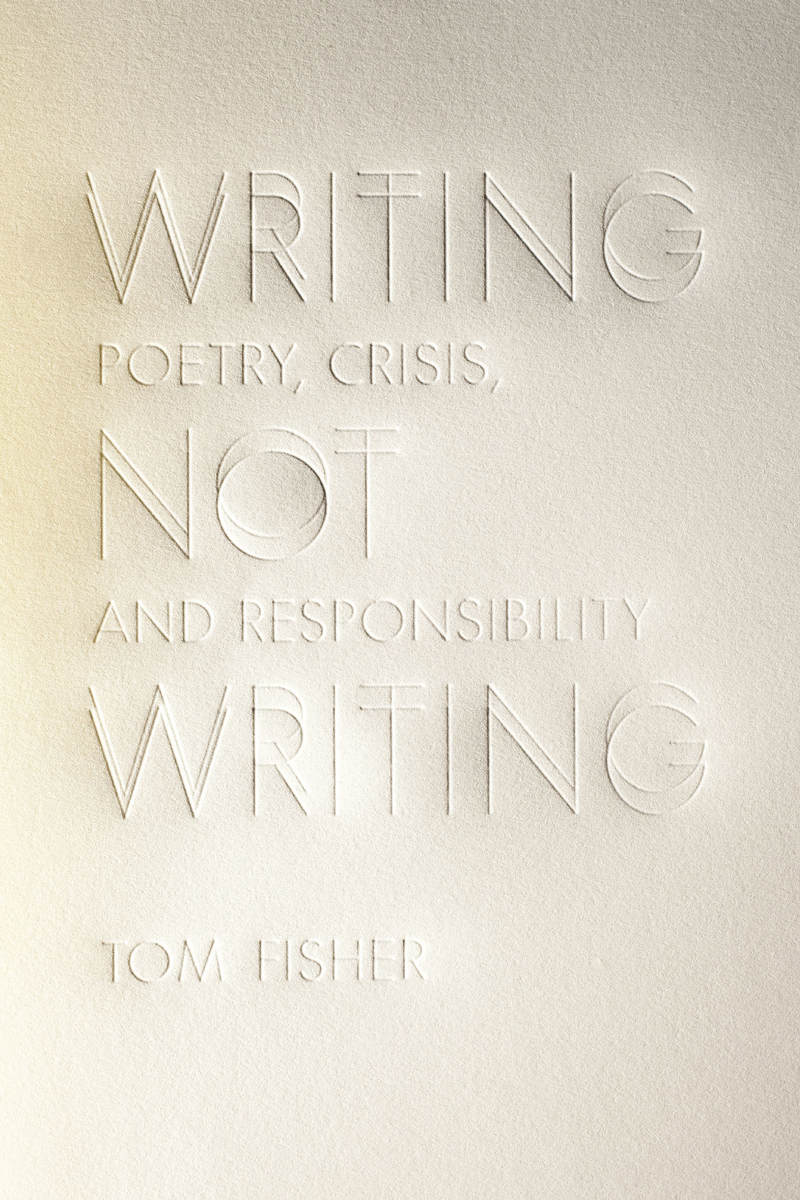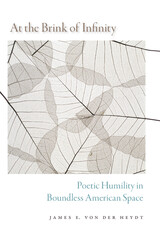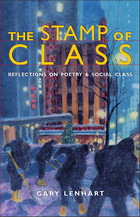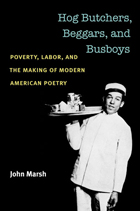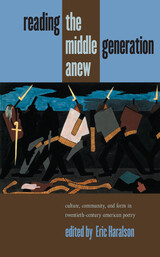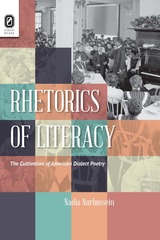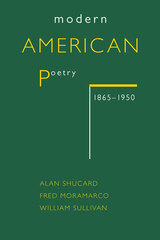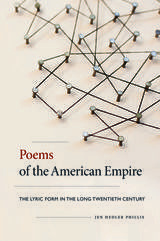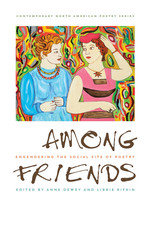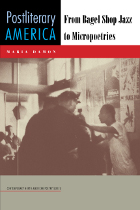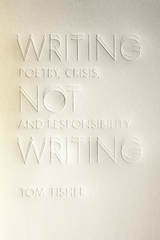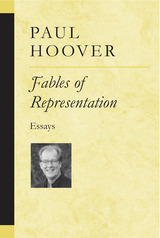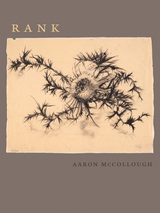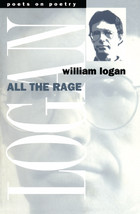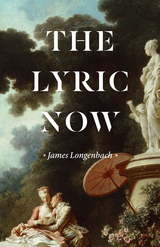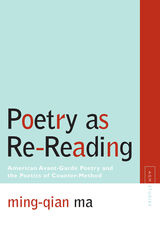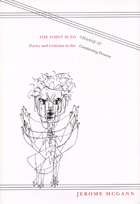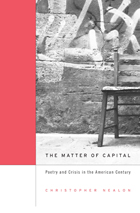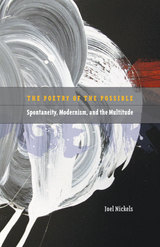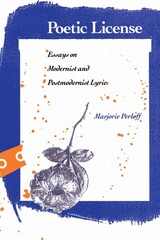Writing Not Writing: Poetry, Crisis, and Responsibility
University of Iowa Press, 2017
Paper: 978-1-60938-480-7 | eISBN: 978-1-60938-481-4
Library of Congress Classification PS323.5.F57 2017
Dewey Decimal Classification 811.509
Paper: 978-1-60938-480-7 | eISBN: 978-1-60938-481-4
Library of Congress Classification PS323.5.F57 2017
Dewey Decimal Classification 811.509
ABOUT THIS BOOK | AUTHOR BIOGRAPHY | TOC | REQUEST ACCESSIBLE FILE
ABOUT THIS BOOK
The poet George Oppen comments, “There are situations which cannot honorably [be] met by art, and surely no one need fiddle precisely at the moment that the house next door is burning.” To write poetry under such circumstances, he continues, “would be a treason to one’s neighbor.” Committing himself, then, to more direct and conventional forms of response and responsibility, Oppen leaves poetry behind for twenty-five years. The disasters of the 1930s, for Oppen, put poetry into a fundamental question that could not be resolved or overcome. Yet if crisis is continual, then poetry is always turning away from the neighbor in need, always an irresponsible response in a world persistently falling apart.
Writing Not Writing both confirms this question into which crisis puts poetry and explores alternative modes of “response” and “responsibility” that poetry makes possible. Reading the silences of Oppen, Carl Rakosi, and Bob Kaufman, the renunciation of Laura Riding, and other more contemporary instances of poetic abnegation, Tom Fisher explores silence, refusal, and disavowal as political and ethical modes of response in a time of continuous crisis. Through a turn away from writing, these poets offer strategies of refusal and departure that leave anagrammatical hollows behind, activating the negational capacities of writing and aesthetics to disrupt the empire of sense, speech, and agency.
Fisher’s work is both an engaging and detailed analysis of four individual poets who left poetry behind and a theoretically provocative exploration of the political and ethical possibilities of silence, not-doing, and disavowal. In lucid but nuanced terms, Fisher makes the case that, from at least modernism forward, poetry is marked by refusals of speech and sense in order to open possibilities of response outside conventional forms of responsibility.
Writing Not Writing both confirms this question into which crisis puts poetry and explores alternative modes of “response” and “responsibility” that poetry makes possible. Reading the silences of Oppen, Carl Rakosi, and Bob Kaufman, the renunciation of Laura Riding, and other more contemporary instances of poetic abnegation, Tom Fisher explores silence, refusal, and disavowal as political and ethical modes of response in a time of continuous crisis. Through a turn away from writing, these poets offer strategies of refusal and departure that leave anagrammatical hollows behind, activating the negational capacities of writing and aesthetics to disrupt the empire of sense, speech, and agency.
Fisher’s work is both an engaging and detailed analysis of four individual poets who left poetry behind and a theoretically provocative exploration of the political and ethical possibilities of silence, not-doing, and disavowal. In lucid but nuanced terms, Fisher makes the case that, from at least modernism forward, poetry is marked by refusals of speech and sense in order to open possibilities of response outside conventional forms of responsibility.
See other books on: 1901-1991 | Crisis | Kaufman, Bob | Oppen, George | Responsibility
See other titles from University of Iowa Press
